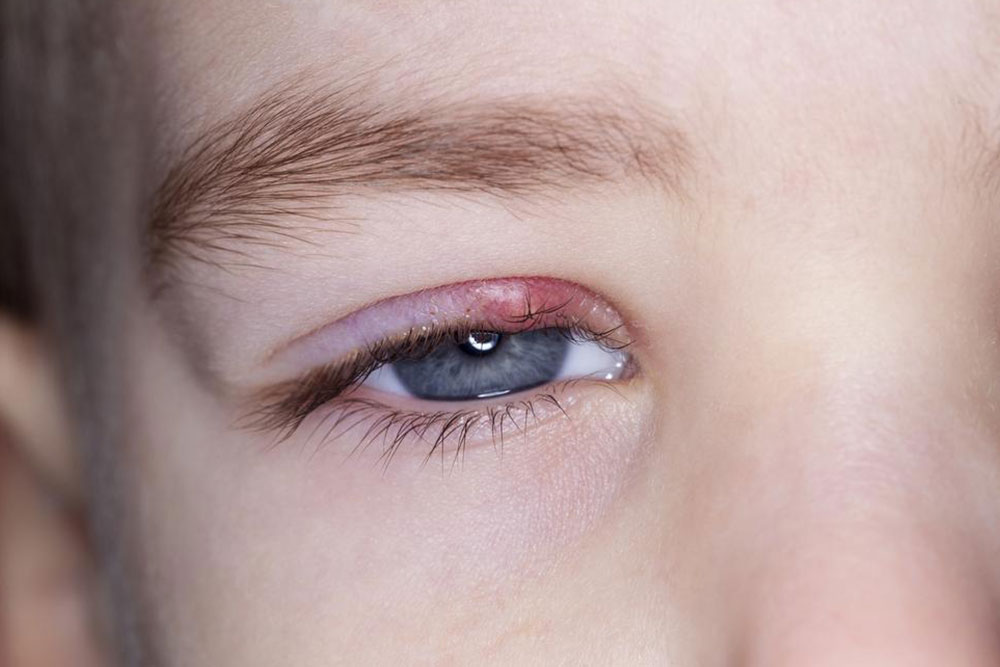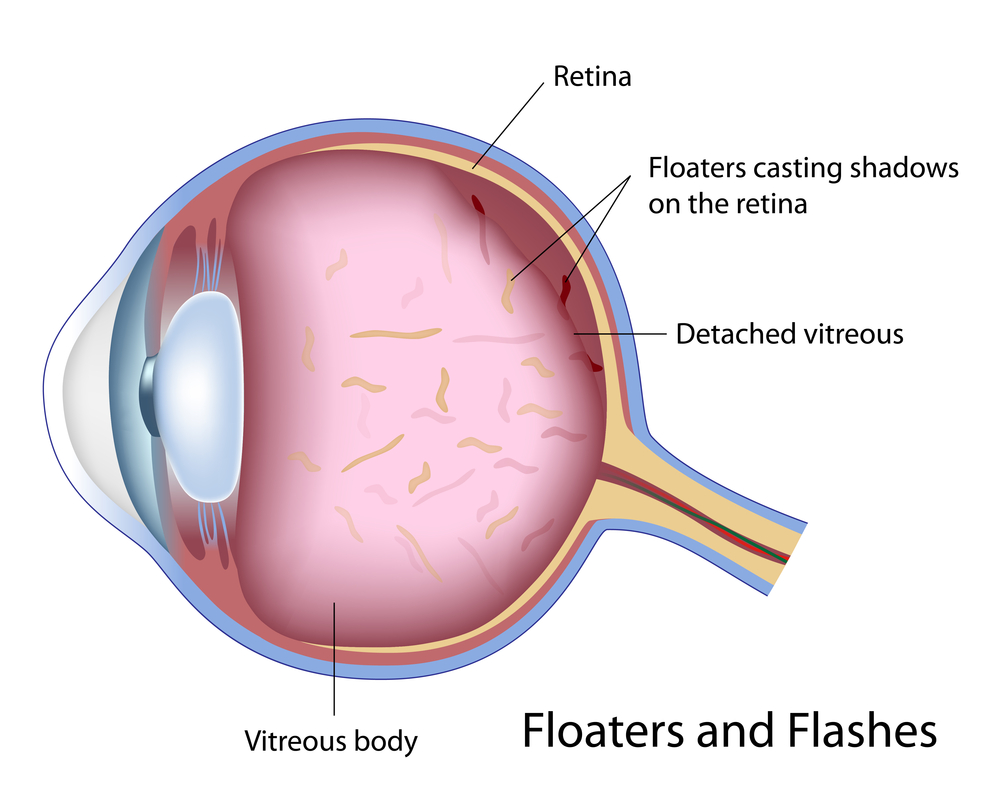Essential Eye Health Tips: Recognizing and Managing Common Eye Conditions
This article offers essential guidance on recognizing and managing common eye problems such as infections, allergies, injuries, and vision changes. It highlights symptoms, first-aid tips, and when to seek urgent medical care, helping readers protect their eye health effectively.

Protecting Your Vision: Common Eye Problems and How to Address Them
Have red, irritated eyes? Various factors like infections, allergies, broken blood vessels, or trauma can cause redness. If the sclera (white part) appears pink or red, you might be experiencing conditions such as conjunctivitis or other eye issues.
Pink Eye (Conjunctivitis): A common infection in children and adults, characterized by itching, burning, discharge, swelling, and watering. Some forms are contagious, while others, like allergic conjunctivitis, are not. Consult your doctor for diagnosis and treatment. Avoid rubbing your eyes and wash hands often. Using cool compresses can provide relief.
Eye Allergies: Seasonal or persistent, caused by allergens like dust mites, pet dander, or fumes. Symptoms include itchy, watery, and puffy eyes. Cold compresses and antihistamines may help. For severe cases, see your doctor for medication.
Broken Blood Vessels: Small vessels in the sclera can rupture due to strain or no apparent reason, causing a bright red eye. Usually harmless, but see a doctor within a couple of days for reassurance.
Eye Trauma: Injury from impact can cause pain, redness, blurred vision, or scratches. Apply cold compresses immediately and seek urgent care for serious injuries.
Addressing Common Eye Symptoms
Itchy eyes often stem from allergies. Over-the-counter eye drops and cold compresses can help. More intense itching may require prescribed medication. Red and inflamed eyelids suggest blepharitis, requiring medical evaluation.
Sudden blurred vision needs prompt attention. If vision loss occurs rapidly or you see flashes or a curtain effect, seek emergency care immediately, as it could indicate retinal detachment or stroke risk. Mild, recurring blurring may be due to fatigue or dryness; rest and eye exams are recommended.
Managing Puffiness, Burning, and Pain
Eye puffiness usually indicates allergies or trauma. Using over-the-counter decongestants can be helpful. Burning eyes from allergies, dryness, or eye strain can be eased with lubricating drops and rest. Persistent burning warrants a consultation.
Eye pain varies widely. Sharp, persistent pain with redness is an emergency. Dull, sporadic pain from overuse or sinus issues can often be managed with rest or OTC medications. Significant pain or pain with vision changes should be evaluated immediately.
Floaters, Flashes, and Foreign Objects
Floaters are common with age, caused by inclusions in the vitreous. Sudden increase in floaters, especially with flashes of light, may signal a retinal detachment—a medical emergency. Prompt eye examination is crucial to prevent vision loss.
Injuries from foreign objects require urgent ophthalmic care. Do not rub the eye; cover it with a shield and seek immediate medical attention. Rinse lightly with saline for minor irritants, but persistent issues must be evaluated by a professional.
Disclaimer:
The information provided aims to educate and inform on common eye conditions. It should not replace professional medical advice. Always consult an eye care specialist for diagnosis and treatment. The content is for educational purposes and may not cover all scenarios or recent medical developments.









